Have you ever felt invisible while your cat lavishes all their affection on someone else? It can be oddly heartbreaking! Cats have a reputation for being mysterious and a bit unpredictable, but there’s a surprising method to their madness. That mysterious moment when your cat curls up on someone’s lap, ignoring everyone else in the room—what’s really going on? Grab your favorite mug, settle in, and let’s unravel the secret language of feline favoritism together.
Early Socialization: The Foundation of Feline Preference

The roots of a cat’s preference often start in their earliest weeks. Kittens that are handled gently and frequently by different people between two and nine weeks old are more likely to grow up sociable and open to forming bonds with multiple humans. If a cat’s first experiences with humans are positive, they’ll associate human presence with safety and comfort. On the flip side, kittens who miss out on early handling or have negative early experiences may be hesitant or wary, preferring the person who reassures them most. This early window is a bit like wet cement: once it sets, it shapes a cat’s social outlook for life. So, if your cat came to you as a tiny kitten and you were there for those critical weeks, congratulations—you probably have a head start!
Personality Match: When Human and Cat Vibes Align

Just like people, cats have their own unique personalities. Some are bold and adventurous, while others are cautious or shy. Cats are surprisingly good at picking up on the energy of the humans around them. Calm, quiet cats may feel drawn to gentle, soft-spoken people who move slowly and give them space. Outgoing, playful cats might gravitate toward lively, energetic folks who know how to dangle a feather toy with gusto. When a cat’s personality meshes with a human’s, it’s like finding a perfect dance partner—they just click. If your cat’s favorite person seems like their soul mate, you’re probably witnessing a beautiful match of temperament.
Who Feeds the Cat?

Let’s face it—cats are clever opportunists. The person who delivers the food bowl wins a lot of points in the feline popularity contest. Over time, cats associate the sound of the can opener, the rustle of the kibble bag, or the routine of mealtimes with that particular person. It’s not just about hunger; it’s about trust and routine. Cats see their feeder as a provider, a source of good things, and this builds a positive association that can tip the scales in someone’s favor. If you want to win a cat’s heart, you might want to volunteer for feeding duty!
Quality Time: The Power of Attention
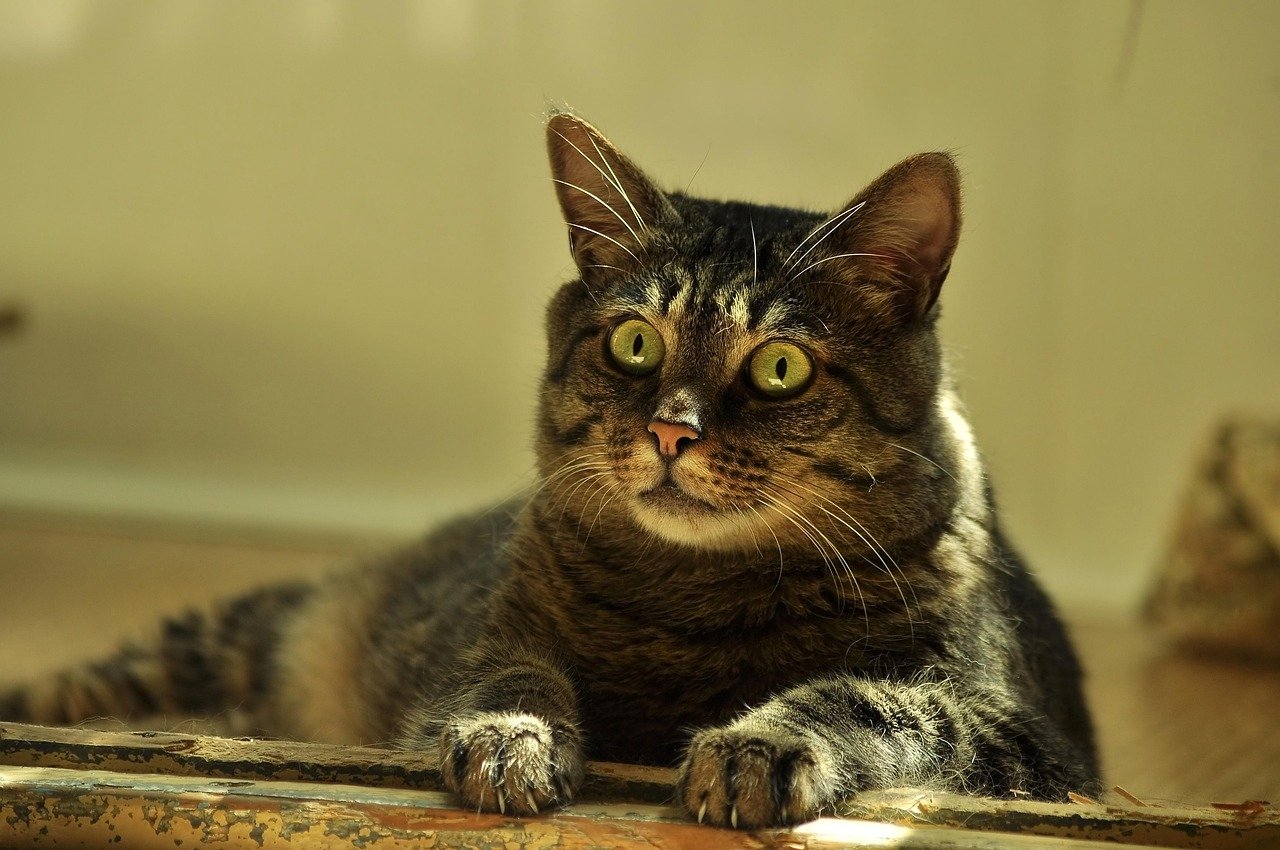
Cats may have a reputation for being aloof, but they thrive on attention and interaction—on their own terms, of course. The person who spends quality time playing, petting, or simply sitting quietly with the cat is often rewarded with their affection. It’s not about the quantity of time, but the quality. A few minutes of focused play or gentle petting can make a world of difference. Cats notice who makes the effort, and they’re more likely to snuggle up with the person who makes them feel special and secure.
Body Language: Speaking Cat-ese
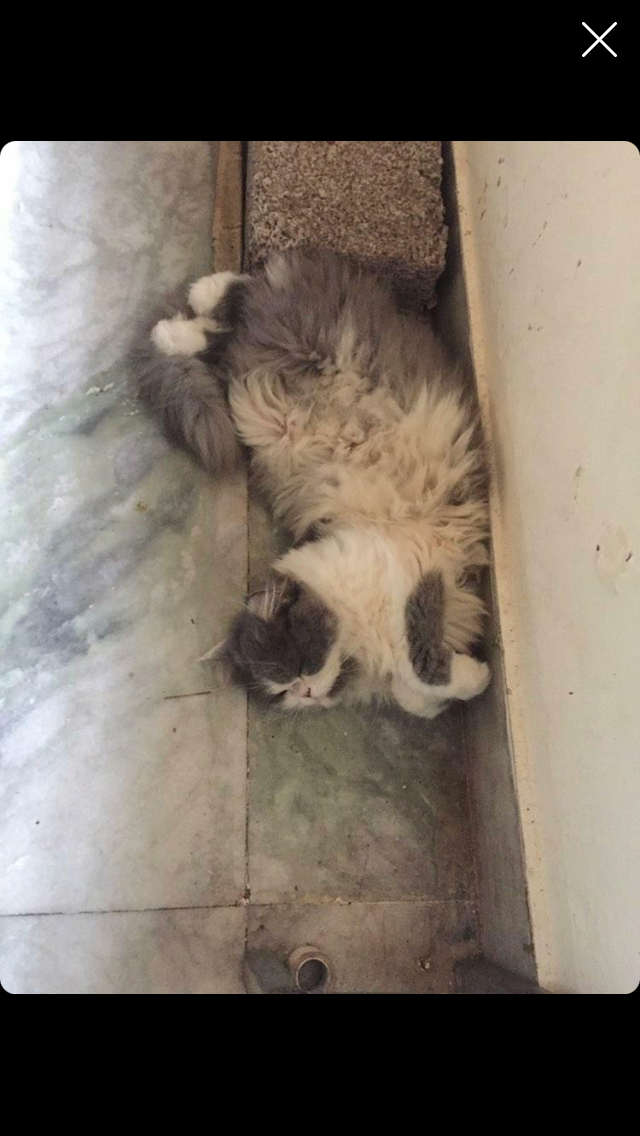
Cats are absolute experts at reading body language, and they expect you to do the same. The people who are the most successful with cats are those who understand feline signals—like slow blinking, tail flicks, or the classic “elevator butt.” Cats appreciate someone who respects their space, approaches slowly, and waits for them to make the first move. On the other hand, people who reach out too quickly or move loudly may be seen as threatening. The person who “speaks cat” by mirroring their subtle cues often becomes the chosen one.
Scent and Familiarity: The Comfort of Home
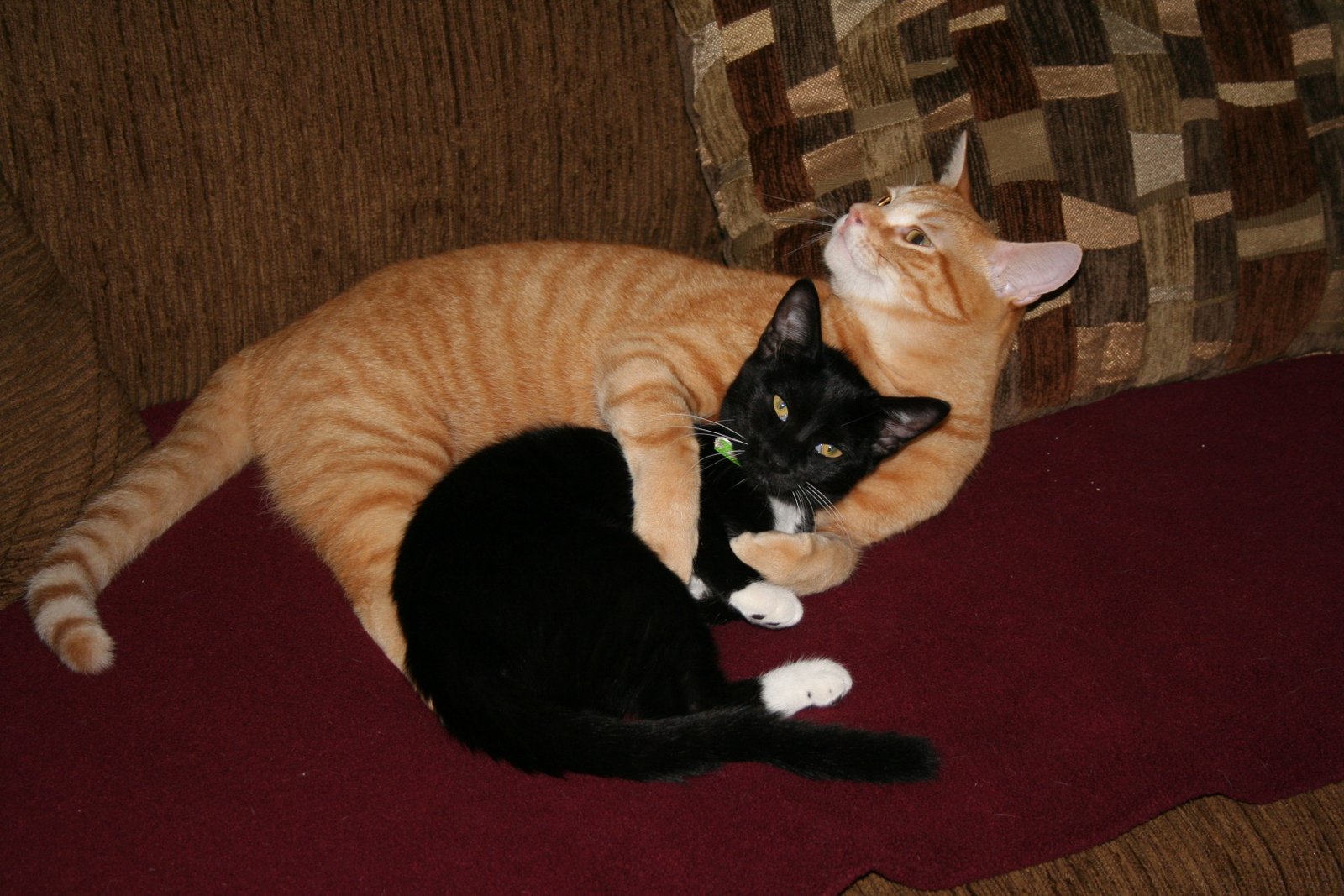
To a cat, the world is a tapestry of scents. Humans may not notice, but each person has a unique smell, shaped by their natural body odor, the products they use, and even what they eat. Cats find comfort in familiar scents, and they often choose to snuggle with the person whose scent feels most like home. This is why cats sometimes gravitate to the person who spends the most time at home or wears the same clothes around them. If your cat rubs their face on you, they’re marking you with their scent and claiming you as their own.
Voice and Tone: The Magic of Soothing Sounds

Cats have incredibly sensitive hearing, and they quickly learn to recognize the voices of the people around them. A gentle, soothing voice can be incredibly reassuring to a cat, especially if it’s paired with positive experiences like feeding or playtime. Cats may shy away from people who speak loudly or use sharp tones. Over time, a cat may develop a special fondness for the person whose voice makes them feel calm and safe. If your cat perks up when you talk, you’ve probably found your way into their heart through their ears.
Respecting Boundaries: The Power of Patience
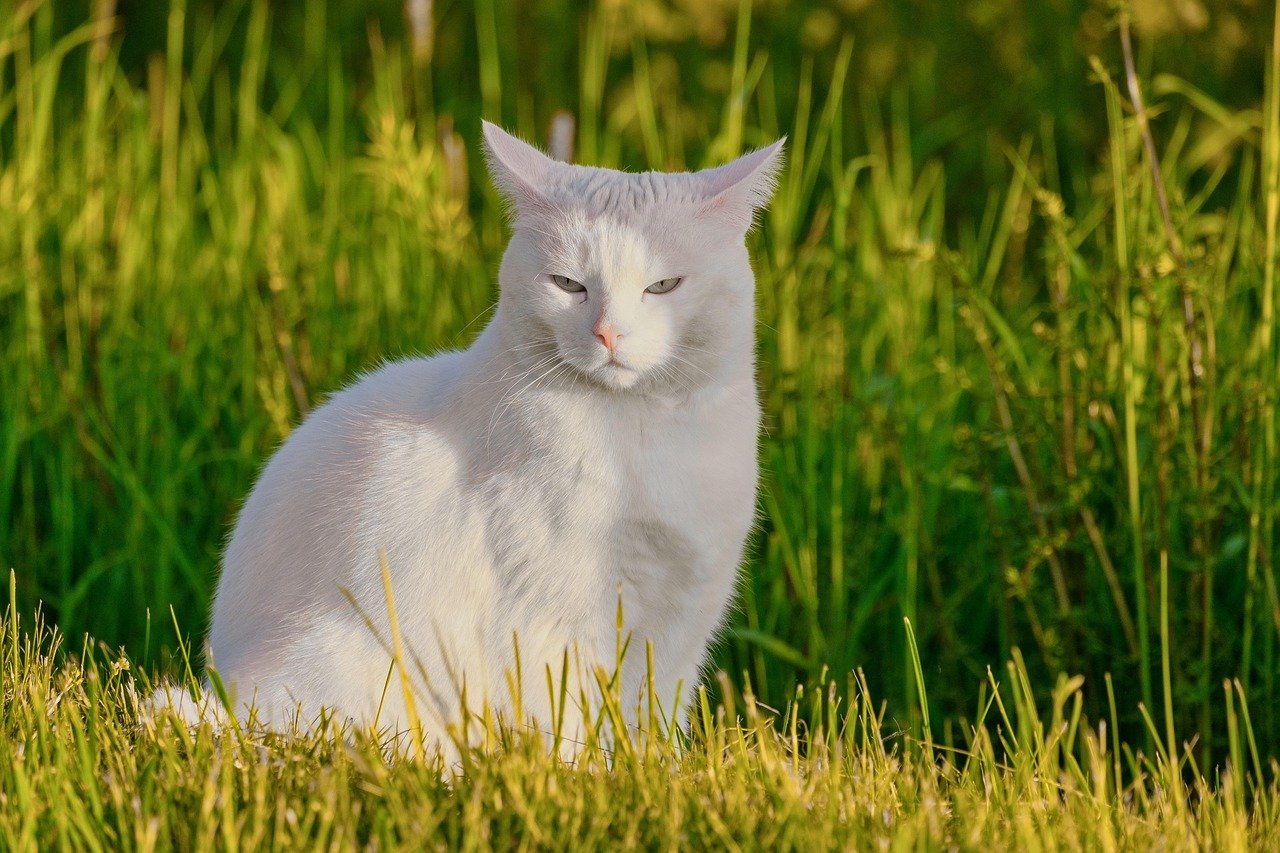
Cats are notorious for valuing their personal space, and the people who respect that boundary often win their trust. Unlike dogs, who may love being crowded and cuddled, cats prefer to approach humans on their own terms. The person who waits patiently, allowing the cat to initiate contact, sends a powerful message of respect. This patience is rewarded with trust, and trust is the foundation of any strong feline bond. If you’re the patient one in your household, don’t be surprised if the cat chooses you.
Consistency and Routine: Cats Love Predictability
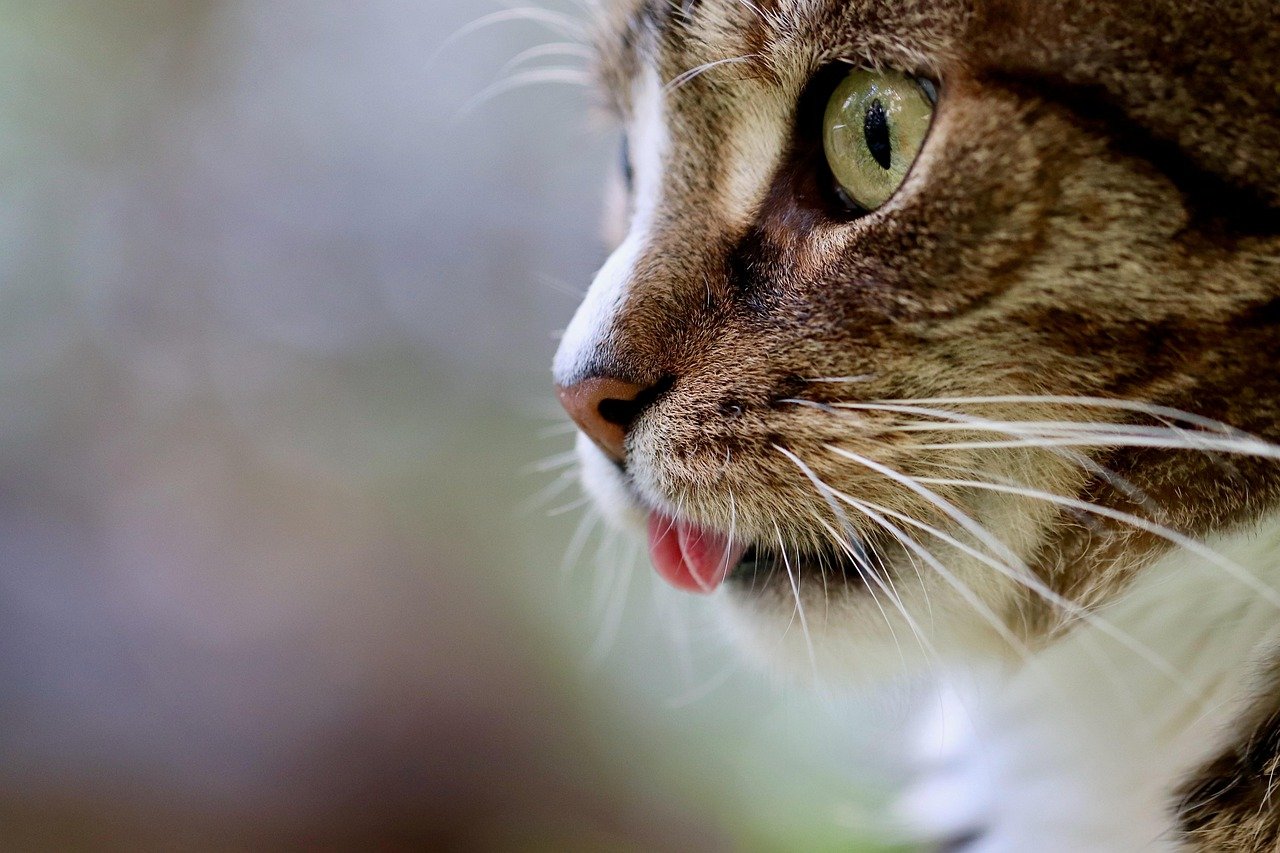
Routine is everything to a cat. They find comfort in predictability, and they’re drawn to the people who maintain consistent behaviors. Whether it’s feeding, playtime, or bedtime, the person who sticks to a schedule becomes a source of stability in a cat’s world. In households where one person’s routine is more reliable, cats often choose them as their favorite. Consistency signals safety, and safety is the currency of trust for a cat.
Emotional State: Cats Feel What You Feel

It might sound far-fetched, but cats really can sense human emotions. They notice when someone is stressed, anxious, or upset, and some cats are drawn to comfort people in need. Others may prefer to keep their distance when emotions run high. Cats are like little emotional barometers, picking up on the mood of the people around them. The person who projects calm, relaxed energy is more likely to win a cat’s affection. If you’re having a bad day and your cat suddenly appears, it’s not a coincidence—they might just be your furry therapist.
Playfulness: The Joy of Shared Fun
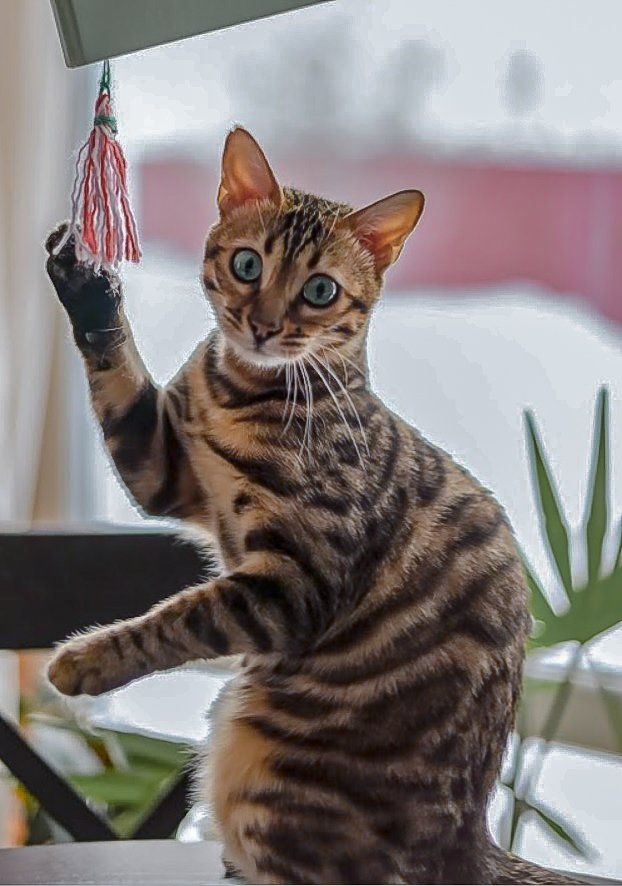
Play is a universal language for cats. The person who takes time to engage a cat with toys, games, or even a simple string is often rewarded with extra attention. Cats love the stimulation and challenge of play, and they remember who brings the fun. This playful interaction isn’t just about exercise; it’s about bonding and trust-building. If you’re the one shaking the wand toy or tossing the crinkly ball, don’t be surprised if your cat picks you as their partner in crime.
Physical Affection: When Touch Matters Most
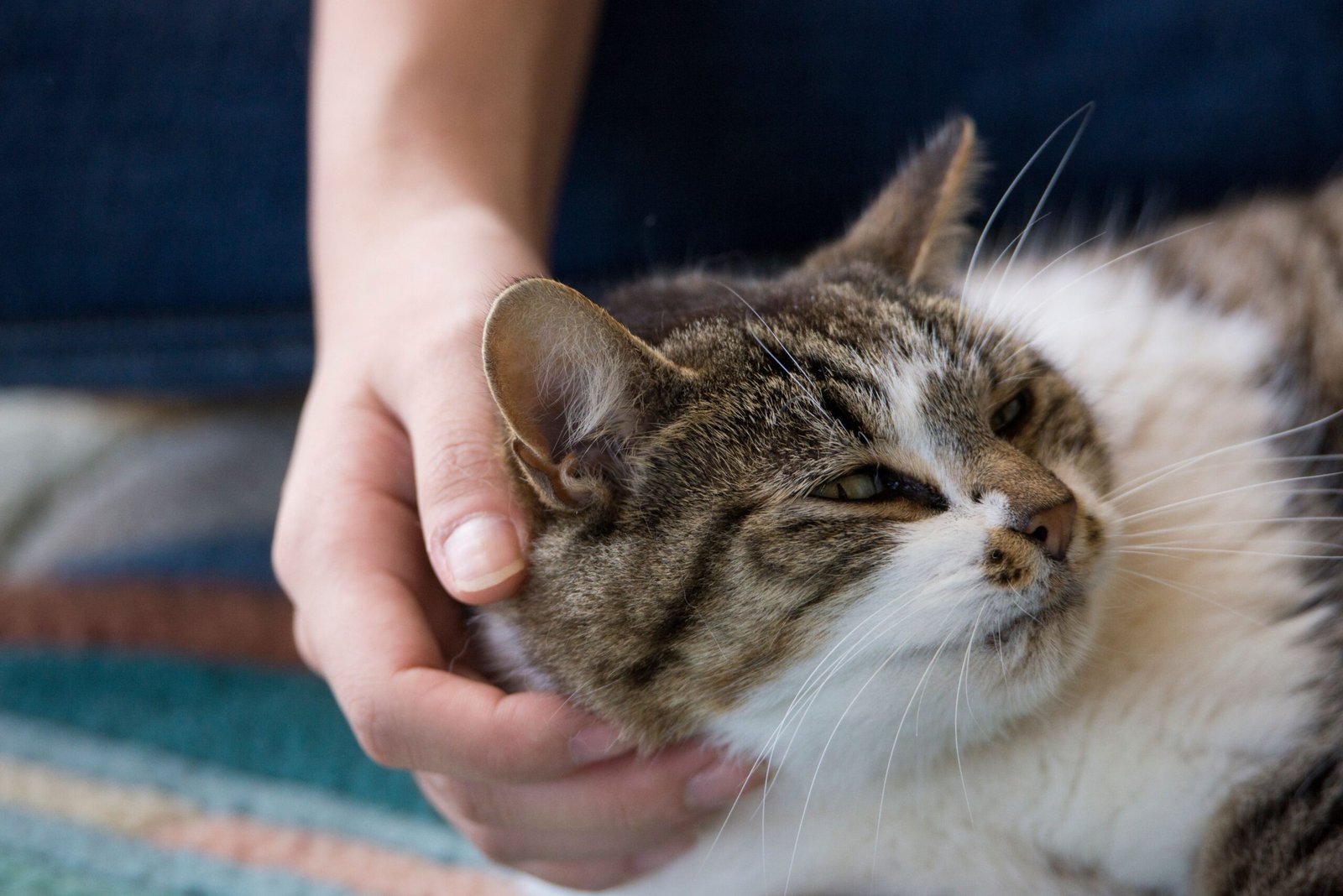
Not all cats are lap cats, but most have their own preferred way of receiving affection. Some love being scratched behind the ears, while others prefer a gentle stroke down the back. The person who learns and respects these preferences is more likely to become the favorite. Physical touch, when done right, reinforces the bond between cat and human. If you’ve figured out your cat’s “sweet spot,” you probably get more than your fair share of feline love.
Stress and Safety: Who Makes the Cat Feel Secure?
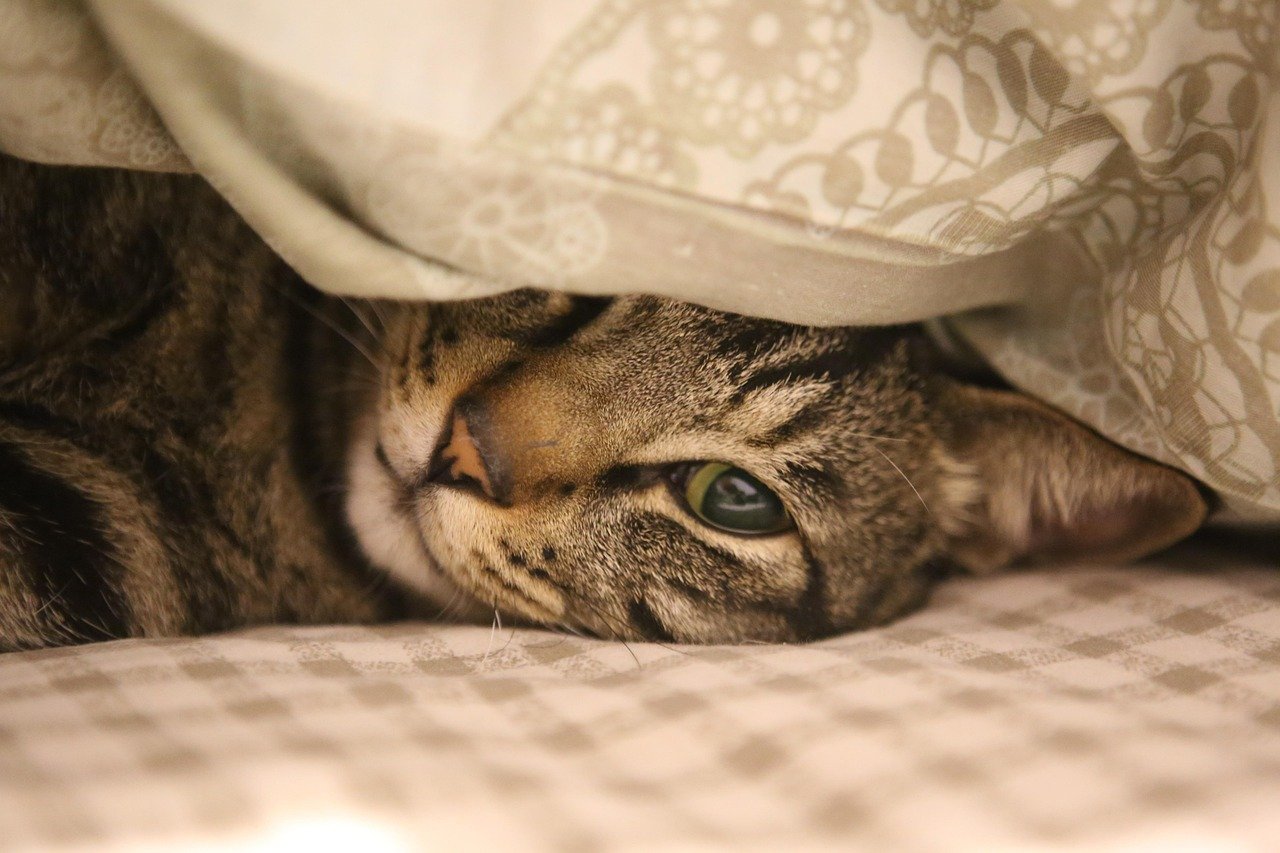
Cats are creatures of habit, and they’re always on the lookout for safety. The person who provides a calm, safe environment becomes a beacon of comfort. During thunderstorms, fireworks, or when strangers visit, cats often seek out the person who reassures them most. This sense of security can tip the scales in someone’s favor, making them the go-to person in times of stress. If your cat hides behind you during scary moments, you’re probably their safe haven.
Past Experiences: The Shadow of Former Bonds

A cat’s past experiences can strongly influence who they bond with. If they had a positive relationship with someone in their previous home—maybe a gentle older woman or a playful child—they may seek out similar traits in new people. Conversely, negative experiences can make a cat wary of certain types of individuals. Understanding a cat’s background can help explain their preferences and guide you in building trust. Sometimes, it’s not about you—it’s about who came before.
Health and Wellness: Sensitivity to Caregivers
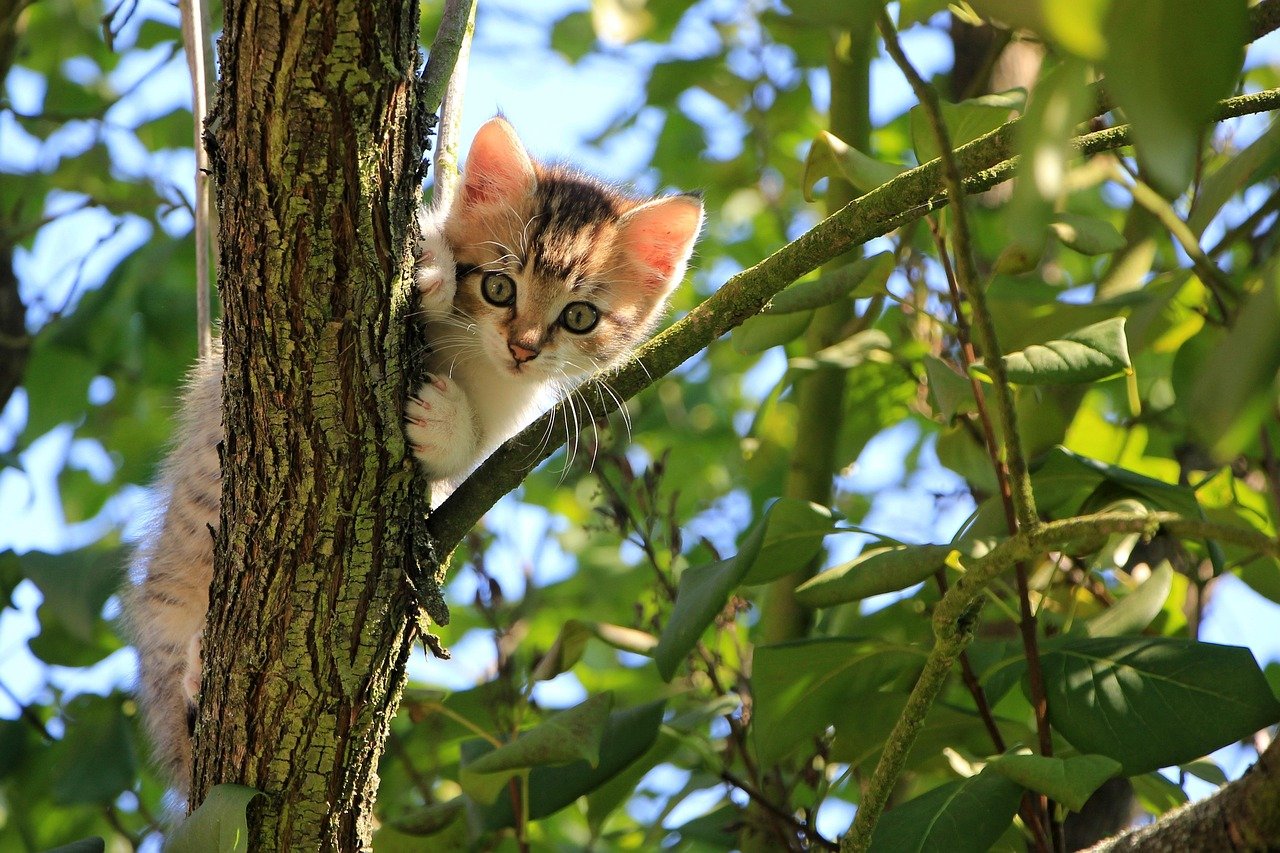
Cats are surprisingly aware of who looks after their health. The person who notices when they’re not feeling well, schedules vet visits, or administers medication may earn a special place in a cat’s heart. This caregiver role goes beyond basic feeding—it’s about nurturing and protection. Cats remember who helped them through tough times, and they often show their gratitude in subtle ways. If you’re the family nurse, your cat might just think of you as their hero.
Sleeping Habits: Who Shares the Best Naps?

Cats spend a huge chunk of their lives sleeping, and their choice of napping companion is a big clue to their loyalty. Cats seek out the person who offers the warmest, safest, and most comfortable spot. If your cat curls up with you at night or chooses your lap for an afternoon snooze, it’s a sign of deep trust. Sharing sleep is one of the most vulnerable things a cat can do, so consider yourself honored if they pick you as their snooze buddy.
Grooming and Care: The Bond of Tenderness
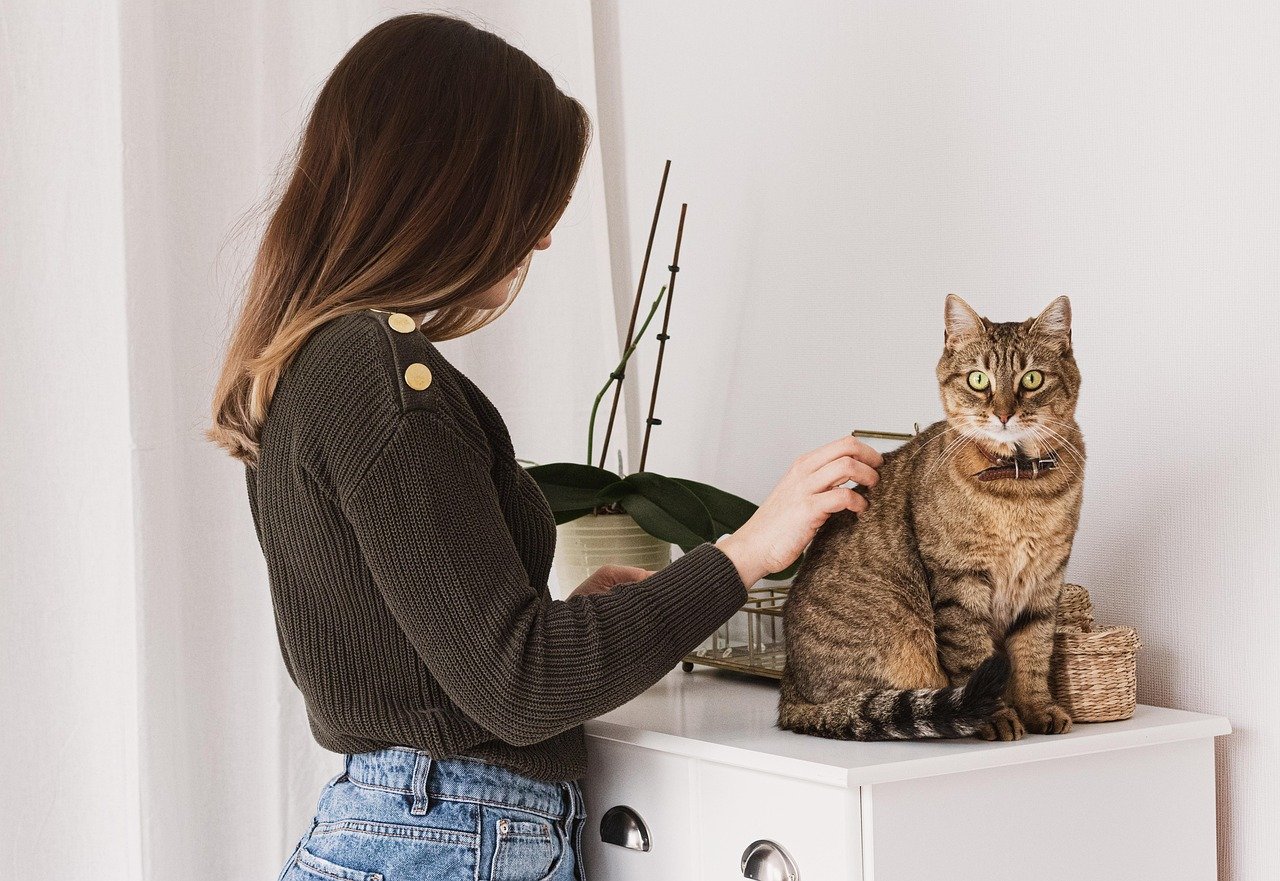
Grooming is not just about keeping clean; it’s an act of love and bonding in the feline world. The person who brushes the cat, wipes their eyes, or helps with grooming rituals is often seen as a surrogate parent. These moments of care reinforce the relationship and deepen trust. Cats may even reciprocate by licking their favorite person’s hands or face—a high compliment in cat culture. If you’re the designated groomer, you’re likely high on your cat’s list of favorites.
Tolerance for Quirks: Embracing the Weird

Every cat has their quirks—maybe yours is obsessed with cardboard boxes or must sit on your laptop at the worst possible time. The person who accepts and even celebrates these odd habits often becomes the chosen one. Cats can sense when they’re truly accepted for who they are, eccentricities and all. This unconditional acceptance creates a bond that’s hard to break. If you’re laughing at your cat’s antics instead of getting annoyed, you’re speaking their love language.
Past Trauma or Neglect: Healing Takes Time
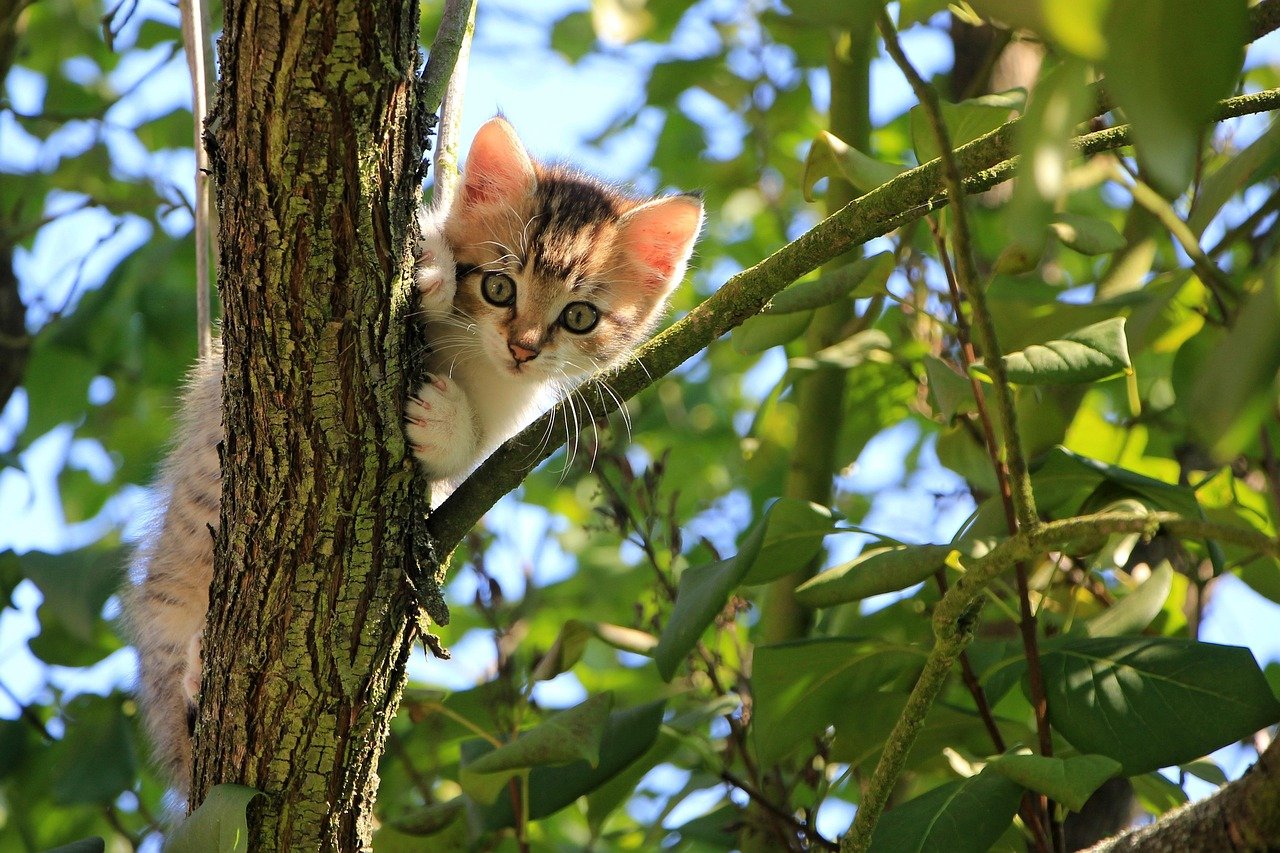
Some cats come with emotional scars. If a cat has experienced trauma or neglect, they may be especially cautious about forming new bonds. The person who patiently works to earn their trust, never forcing interaction and always offering gentle reassurance, can slowly become the center of the cat’s world. Healing takes time, but the bond that forms from patience and understanding is incredibly strong. If your cat has chosen you after a rough start in life, you’ve earned something truly special.
Sense of Humor: Laughter Brings You Closer
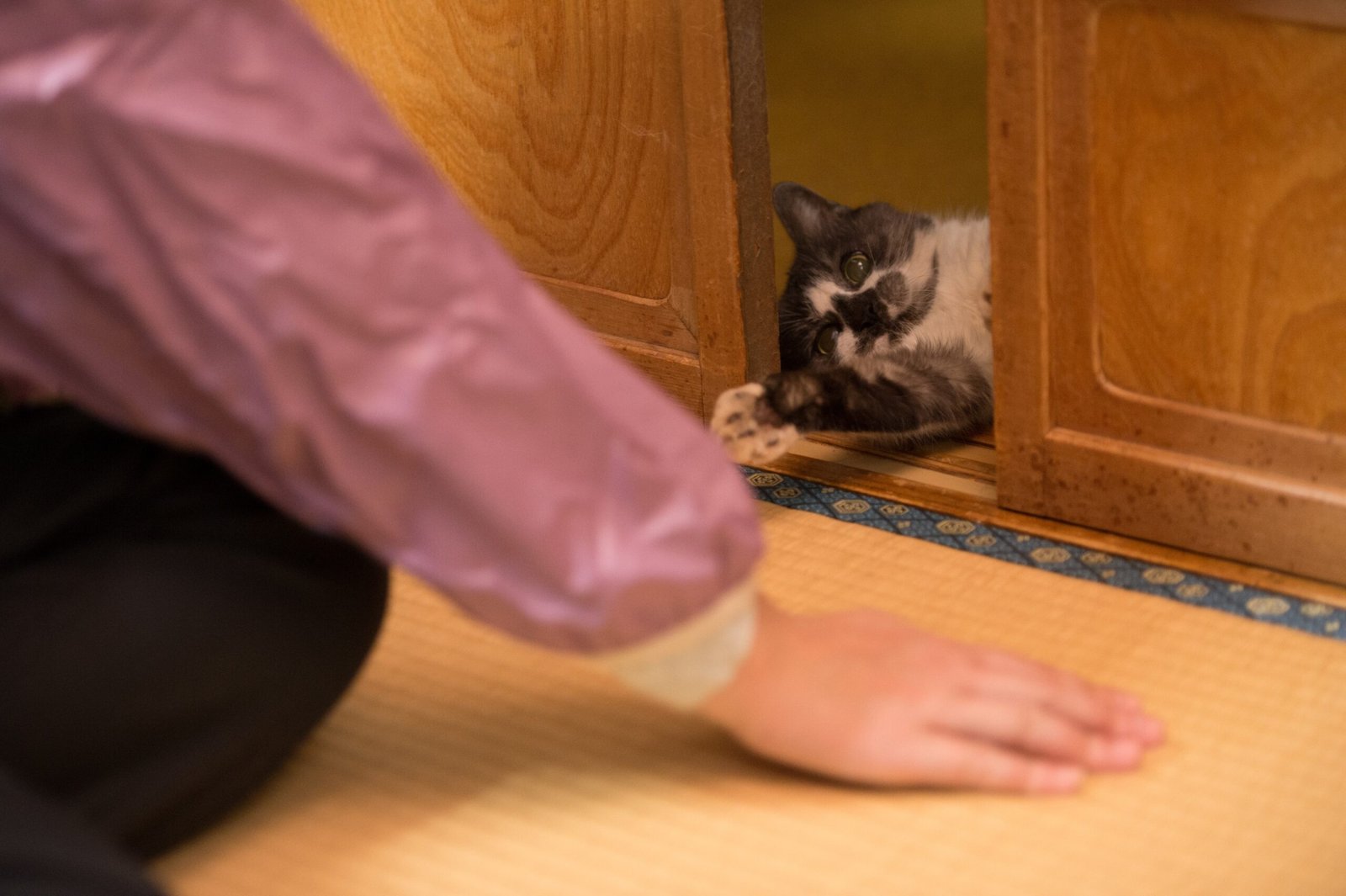
Cats have a surprising sense of humor, and they love engaging with people who make life fun. Whether it’s inventing silly games, making up songs, or just laughing at their crazy antics, the person who brings joy and playfulness into the relationship is often rewarded with extra affection. Cats thrive in happy, positive environments, and they’ll naturally gravitate toward people who make them feel good. If you’re the clown of the house, don’t be surprised if your cat wants to be your audience.
Intuition: Sometimes, It’s Just a Feeling
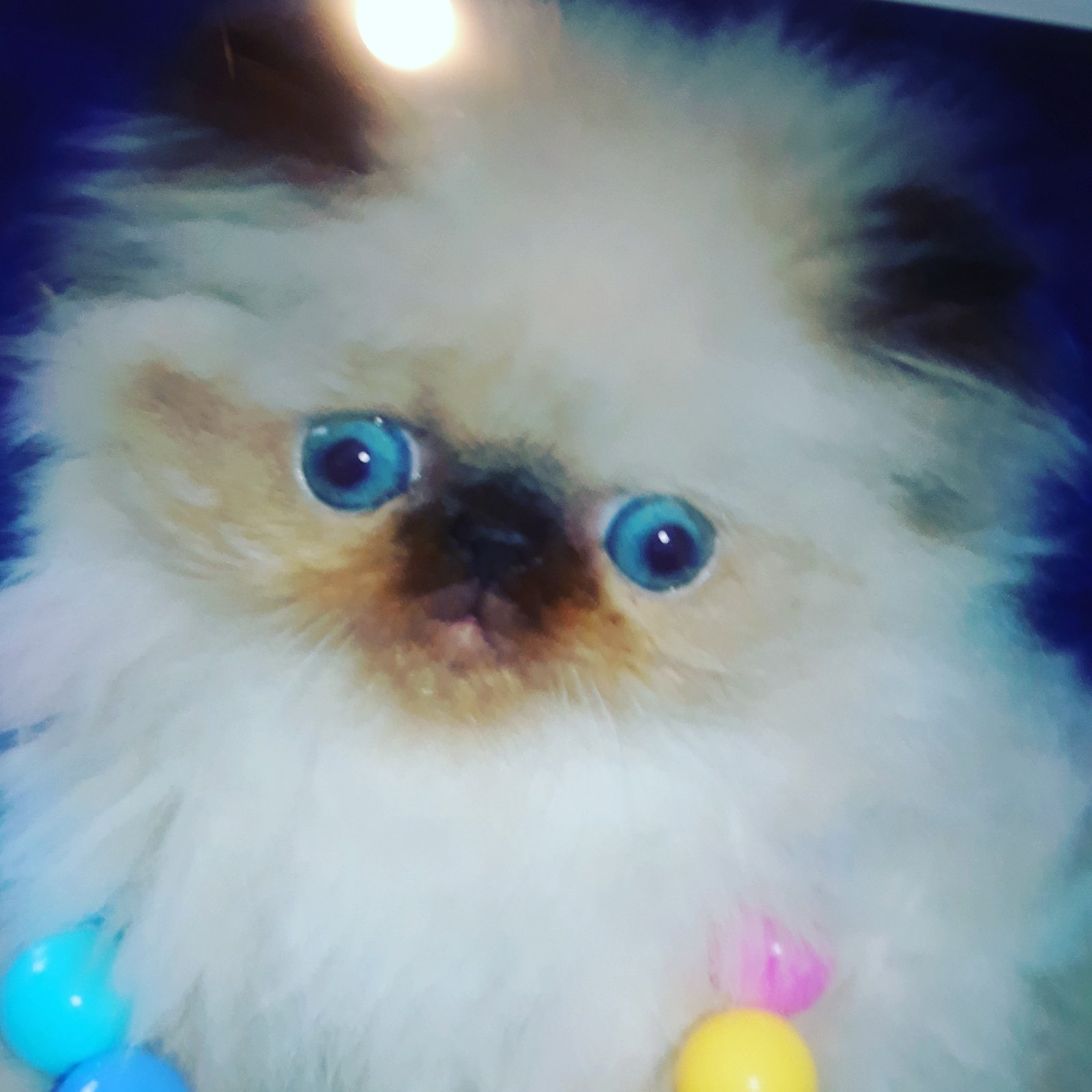
At the end of the day, there’s a certain magic to the way cats choose their people. Sometimes, it defies logic or explanation—it’s just a feeling, a spark, or an unspoken understanding. Cats are intuitive creatures, and they seem to know who truly “gets” them. Maybe it’s the way you look at them, the rhythm of your heartbeat, or a mysterious energy you give off. Whatever the reason, when a cat chooses you, it feels like winning the feline lottery.
Hi, I’m Bola, a passionate writer and creative strategist with a knack for crafting compelling content that educates, inspires, and connects. Over the years, I’ve honed my skills across various writing fields, including content creation, copywriting, online course development, and video scriptwriting.
When I’m not at my desk, you’ll find me exploring new ideas, reading books, or brainstorming creative ways to solve challenges. I believe that words have the power to transform, and I’m here to help you leverage that power for success.
Thanks for stopping by, Keep coming to this website to checkout new articles form me. You’d always love it!






